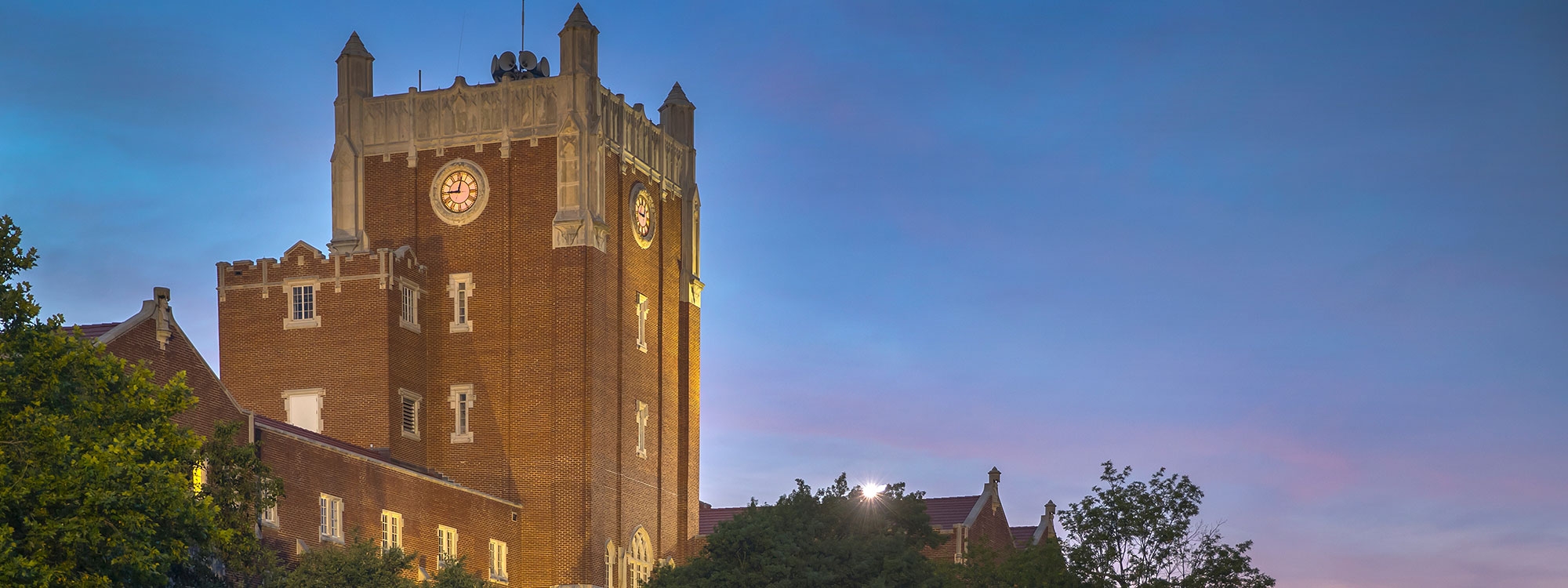
Graduate certificates can add additional job credentials to those seeking particular types of positions. They signal to employers that the holders of the certificates have concentrated coursework in that specialty. SLIS currently offers three graduate certificates:
Applicants must have earned at least a Baccalaureate degree from a regionally accredited university with a G.P.A. of 3.0 or higher. Conditional admission is not allowed for graduate certificates. All students who intend to pursue a graduate certificate must complete the online application for graduate admission.
Additional information about graduate certificates is available from the Graduate College’s Bulletin section: 2.4 Graduate Certificates.
A student who is admitted to a graduate degree program is not automatically granted admission to associated graduate certificate programs. Students enrolled in a graduate degree program who intend to pursue a graduate certificate must apply to add the graduate certificate program by completing an Addition or Change of Program Application (ACOP). Please ensure you select the correct graduate certificate code when adding it to your program (see the 3 digit code next to the corresponding graduate certificate).
All applicants who intend to pursue a graduate certificate must complete the online application for graduate admission. Applicants must be admitted to the Graduate College to qualify for a graduate certificate. Once admitted, students must enroll for the term of admission to retain active status as a graduate student
Students who are admitted solely to a graduate certificate program:
The graduate certificate in Archival Studies will provide a formal indication of training which is imperative for securing an archivist position. It will endorse the abilities and knowledge of the certificate holders, thereby increasing their marketability.
PROGRAM REQUIREMENTS - 12 HOURS (FOUR COURSES)
Choose 4 courses (12 hours) from the approved list of archive courses maintained by the academic unit and approved by the Graduate College. Courses may include:
For additional course information visit: https://ou-public.courseleaf.com/dodge-arts-sciences/library-information-studies/archival-studies-grad-cert/
Digital Humanities is a rapidly developing multidisciplinary field supporting diverse forms of scholarship, particularly those in which researchers make use of computational power and digitization to interact with source materials in ways that would not be possible otherwise.
The Graduate Certificate in Digital Humanities provides a pathway for individuals working in the humanities, social sciences, and the sciences to advance their understanding of how potential transformative methods, tools, models, applications, and theoretical frameworks are being put to use in expanding the scope and scale of inquiry in the humanities disciplines.
PROGRAM REQUIREMENTS - 12 HOURS (FOUR COURSES) FROM THE FOLLOWING:
REQUIRED COURSE
GUIDED ELECTIVES - CHOOSE TWO in consultation with your certificate advisor.
Following are some possibilities for electives. Others may apply with permission.
REQUIRED INTERNSHIP: CHOOSE ONE
For additional course information visit: https://ou-public.courseleaf.com/dodge-arts-sciences/library-information-studies/digital-humanities-grad-cert/
The graduate certificate in Data Analytics will provide a formal indicator of training in skills currently in great demand by libraries and many other organizations and industries. The certificate curriculum is designed to teach students how to apply data tools to solve workplace problems and is appropriate for people who do not have a background in computer science.
PROGRAM REQUIREMENTS - 12 HOURS (FOUR COURSES) FROM THE FOLLOWING:
REQUIRED COURSES, TWO:
GUIDED ELECTIVES - CHOOSE TWO:
For more course information visit: https://ou-public.courseleaf.com/dodge-arts-sciences/library-information-studies/data-analytics-for-info-professionals-grad-cert/